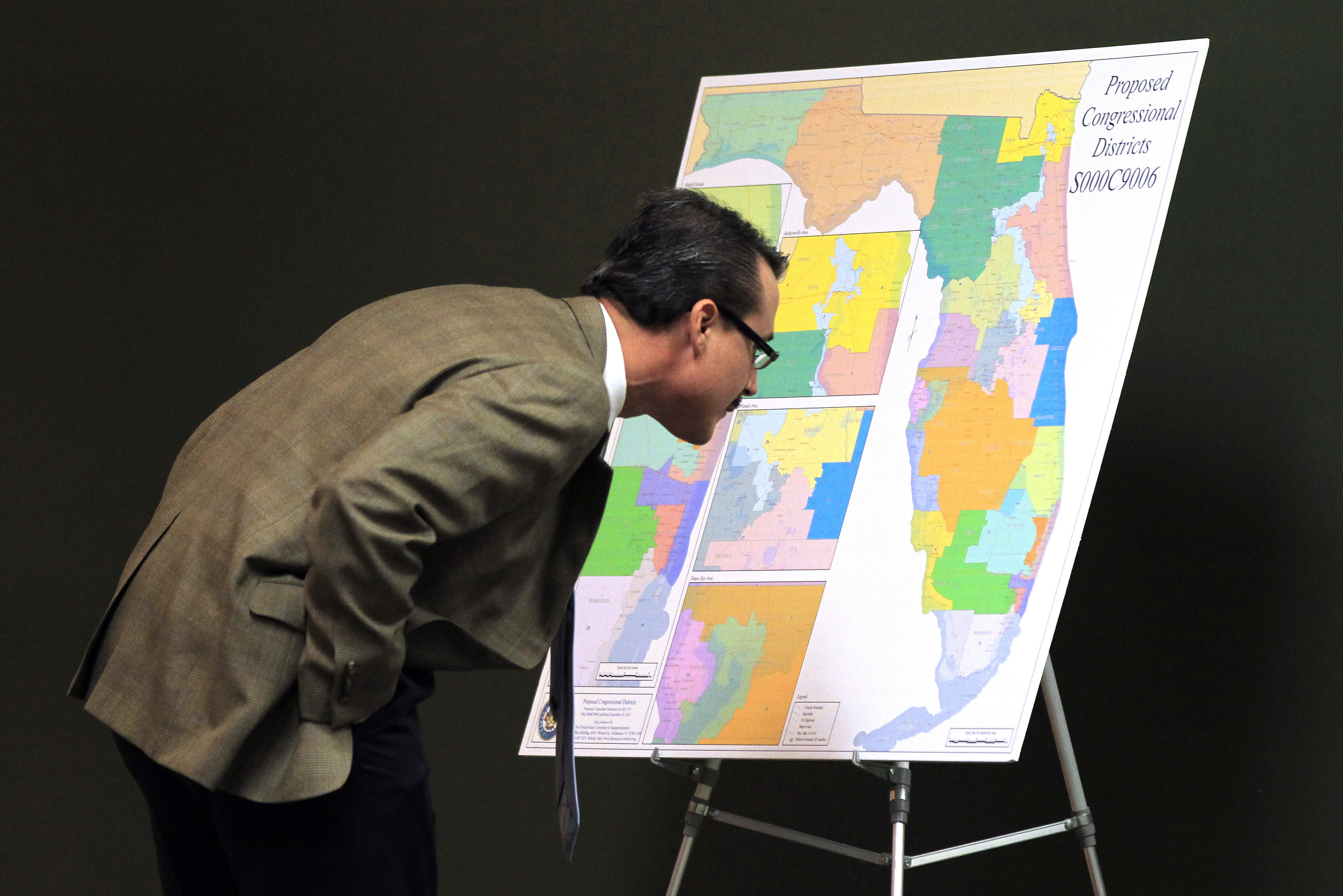This year, The Wagner Review held its 3rd Annual Policy Memo Competition. On April 12, 2019, finalists came together to present their policy recommendations on how to prevent or mitigate the negative impacts of the next Federal Government shutdown. Judges from the New York Times, the New York City Department of Consumer and Worker Protection, and the Robert F. Wagner Graduate School of Public Service evaluated finalists on their memos, presentations, creativity and feasibility of their recommendations.
To: President Donald J.Trump
From: Brittany Mazzurco Muscato, MPA-PNP
Subject: Executive Order to require banks issue interest-free loans
Executive Summary
To mitigate the negative impacts of future government shutdowns, I propose that President Donald J. Trump issue an Executive Order that requires commercial banks overseen by the Federal Reserve System to offer interest-free personal loans to all affected government employees. This policy recommendation aims to reduce the need for government employees to rely on predatory lending practices. Not only does this plan provide a financial safety net to affected federal employees, it will result in a more efficient government, incentivize the speedy resolution of future government shutdowns, and is politically feasible in today’s political environment. Most importantly, this plan increases President Trump’s chances of re-election.
Background
On December 22, 2018, our country began the longest partial government shutdown in its history. For the next 35 days, 800,000 employees from over a dozen affected government agencies were either furloughed or worked without pay for two entire pay periods. These individuals span the entire country and account for approximately 1.5% of our nation’s workforce. Although the average federal employee makes around $77,000 annually, 20% of government workers earn less than $50,000 a year. For these families, two missed paychecks had devastating effects. Although numerous nonprofit and private organizations have donated goods and services to assist affected families across the country, many needed to take out small personal loans in order to pay their essential bills. However, those with poor or non-existent credit either had to turn to payday lenders, who charge exorbitantly high interest rates, or find new employment altogether. In fact, the stock valuation of many payday lending companies increased in January 2019, thus implying that these companies profited from the shutdown.
The United States has endured 21 government shutdowns in its history, and more must be done to protect affected government workers. Despite the wave of proposed legislation during the shutdown, with the exception of Senator Bill Cardin’s bill guaranteeing retroactive pay, to date no definitive action has been taken by the federal level to support government employees during a shutdown. While widespread grassroots efforts served as a vital lifeline in 2019, more enduring legislation must be passed to provide a safety net for federal employees.
Relevant Stakeholders
The 2019 partial government shutdown was portrayed by the media as a standoff between two key stakeholders, President Donald J. Trump and the United States Congress. President Trump was undoubtedly a vital player in the January 2019 government shutdown, for it stemmed from an impasse over border wall funding, one of his central campaign promises. Unfortunately, several polls have reported that President Trump’s approval ratings decreased within the 5-week period the government was partially stalled. As a first-term president actively seeking re-election, it is in his best interest to avoid another shutdown, or at least decrease the potential negative effects of one. On top of his role in implementing or ending a future shutdown, President Trump has the sole ability to issue Executive Orders. Furthermore, he has the ability to lobby Members of Congress, unrivaled access to the media, the ability to rally his base around his policy initiatives, and the ability to veto any bill that rivals his Executive Order.
Members of Congress from both parties are also relevant stakeholders in this discussion. It can be assumed that every member of Congress is also actively seeking re-election and therefore is likely to approve of any policy that increases their chances of doing so. Congress could attempt to nullify President Trump’s Executive Order by passing opposing legislation. However, because this last government shutdown affected 800,000 employees spanning all 50 states, it is highly unlikely that a Congressperson would take measures that could potentially hurt his or her constituents. Furthermore, as stated above, President Trump could always veto any legislation that contradicts his Executive Order.
Finally, several Executive Agencies also serve as potential stakeholders. Theoretically any government agency could be affected by this policy, for it is impossible to know in advance which agencies may be affected by future shutdowns. As such, this Executive Order has the potential to benefit the employees of all government agencies. The Federal Reserve System, which oversees all privately owned commercial banks, will be directly in charge of implementing this policy. The Chairman of the Federal Reserve, Jerome Powell, was appointed by President Trump and will certainly comply with the Executive Order.
Recommended Action & Feasibility
To mitigate the negative impacts of future government shutdowns, specifically by reducing the need for government employees to rely on predatory lending practices to stabilize their finances, I propose that President Donald J. Trump issue an Executive Order that requires commercial banks overseen by the Federal Reserve System to offer interest-free personal loans to all affected government employees. This plan not only provides a safety net to federal employees, it is both administratively and politically feasible, designed to incentivize the speedy resolution of future government shutdowns, and will increase his chances for re-election.
First and foremost, this plan is administratively feasible, for as leader of the Executive Branch, President Trump has the ability to immediately introduce and implement this proposal. Executive Orders have the same force as a rule of law for Executive Agencies, like the Federal Reserve System. Because Jerome Powell serves at the pleasure of the president, he is inclined to implement this order as directed. In addition, this Executive Order is politically feasible, for it is unlikely to face political opposition from Congress. The financial stability of government employees is a bipartisan issue that affects constituents on both sides of the aisle. In fact, many Members of Congress from both parties submitted bills supporting federal workers in the midst of the shutdown.
Furthermore, providing a financial safety net to federal employees will ensure the government runs more efficiently in the wake of a shutdown. As a businessman, President Trump knows that employees are largely incentivized by through financial reward. In January 2019, after facing weeks without pay, the media widely reported that large numbers of TSA agents called-in sick and even quit during the shutdown. Additionally, nearly 90% of federal employees said their morale was worse after the shutdown than earlier in December 2018. Not only will interest-free loans provide a financial cushion at no cost to federal employees, but the fact that this policy would apply to all commercial banks overseen by the Federal Reserve System increases the accessibility to these resources as well. Without the threat of financial hardship, federal employees will unlikely experience the sharp decline in morale observed in 2019, and the affected agencies will avoid widespread resignations. This stability will lead to more efficient government operations in the midst of a shutdown.
Finally, as a result of all of these benefits, this policy is highly socially acceptable, will improve President Trump’s approval ratings, and help guarantee re-election. At its core, this policy aims to both shield federal workers from the financial effects of a government shutdown, but it also prevents corporations from profiting off of this hardship. By acting selflessly on behalf of working Americans, President Trump sends a strong signal to his base voters that he has their best interests at heart, thus increasing his chances for re-election.
Of course, we must recognize that there is a potential threat of interest group opposition from the finance and banking industries due to the potential loss of unclaimed interest fees. In addition, there is the possibility that some government employees may default on their loan or refuse to repay it. However, due to the fact that some private banks, such as Bank of America and Wells Fargo, previously offered similar services during January’s shutdown, I believe the opposition won’t be nearly as strong as anticipated. Furthermore, the national loan delinquency rate is just 2.28 percent. Finally, because this policy could be designed to take effect only once a pay period is missed, it incentivizes a speedy resolution of a budgeting impasse.
Brittany Mazzurco Muscato is a digital marketing strategist and the driving force behind the fundraising successes of numerous non-profit organizations, such as the Humane Society of Broward County and the Florida Grand Opera.
Originally from the suburbs of Philadelphia, Brittany is an alumna of Millersville University and graduated summa cum laude with a Bachelor of Arts degree in Music Business and Marketing. As the Founder and President of “The Barketing Department, LLC,” Brittany helps numerous small businesses achieve their own marketing goals. On top of maintaining a roster of consulting and freelance clients, Brittany is a graphic designer, blogger, and sought-after public speaker.
After years of helping organizations enact change on the ground, Brittany is now actively pursuing her Masters of Public Administration Degree (specializing in Public Policy Analysis) at NYU’s Wagner Graduate School of Public Service to help shape change at the policy-level. She currently serves as the Communications Chair of the Wagner Policy Alliance and serves as a Teaching Assistant for the course “Introduction to Public Policy.”




